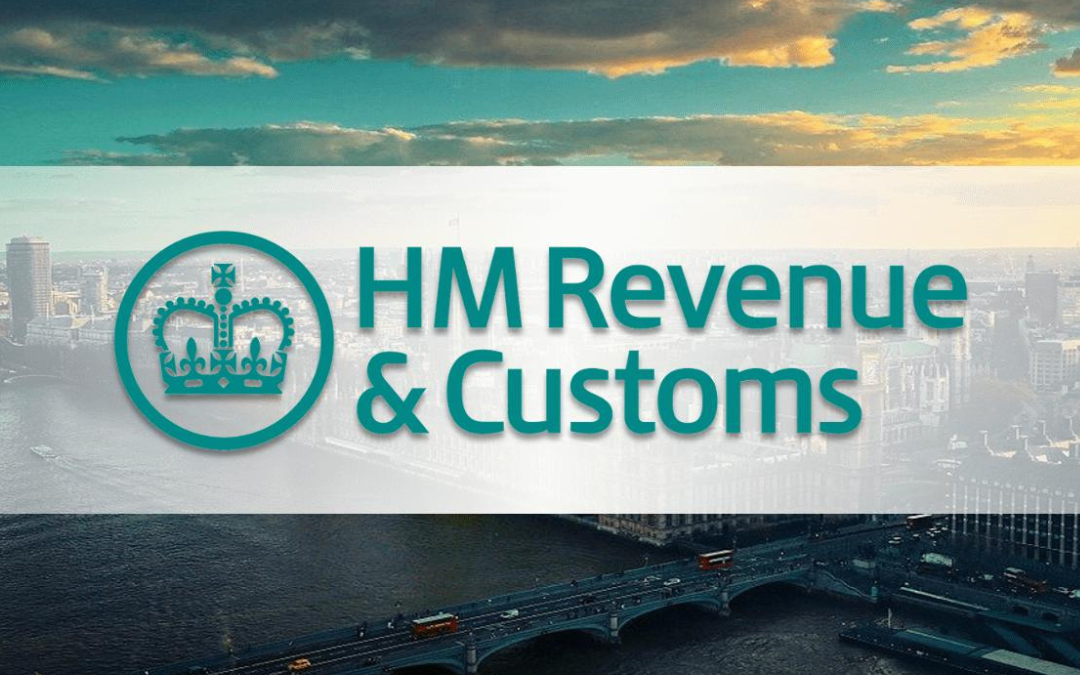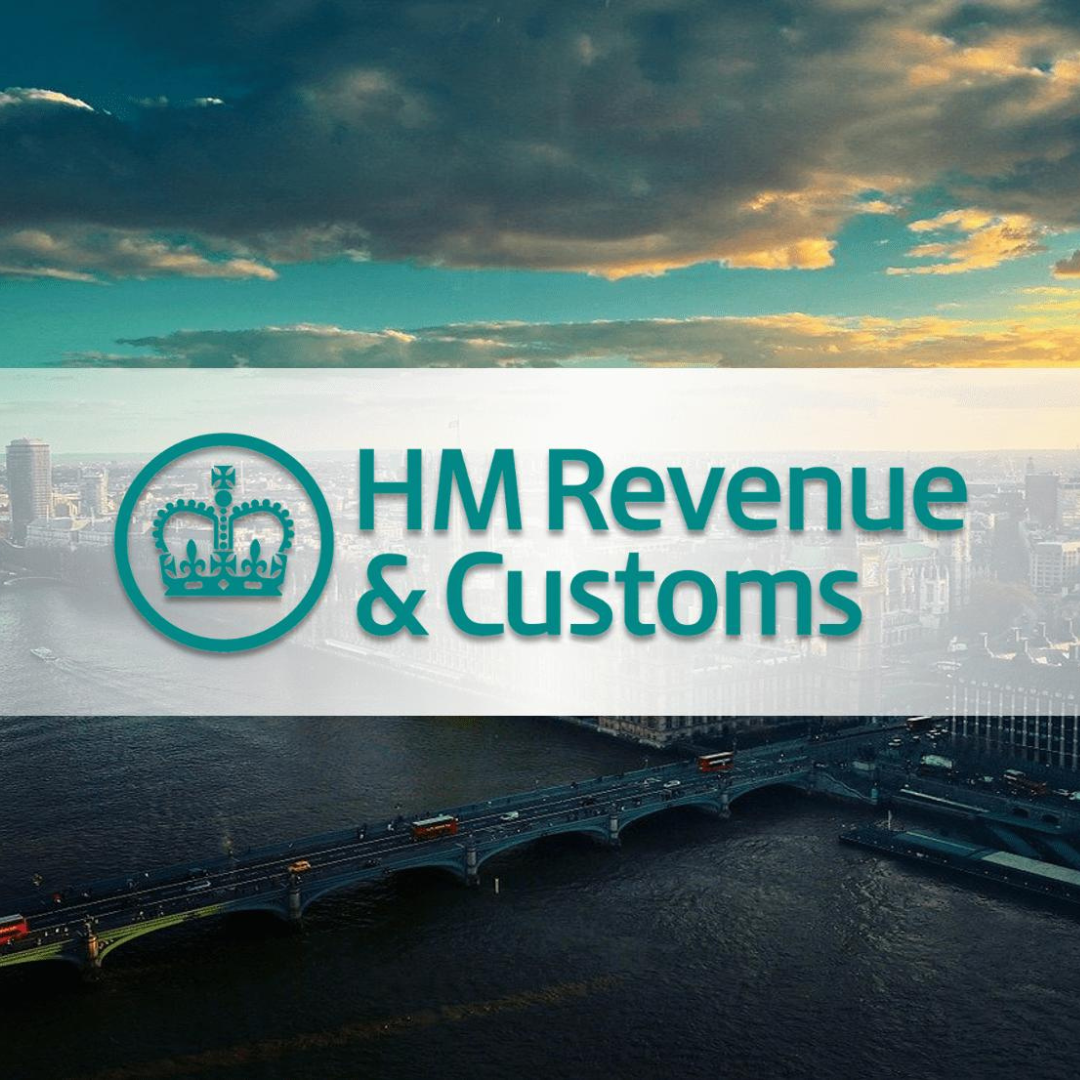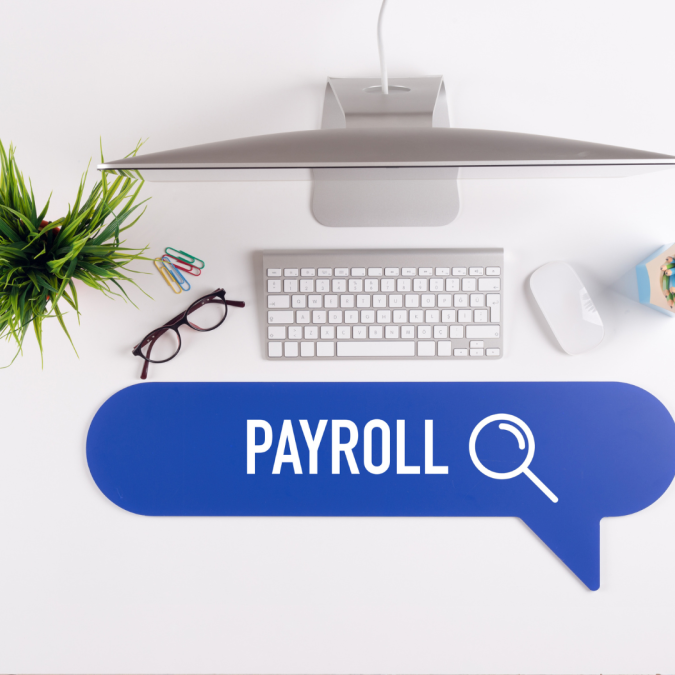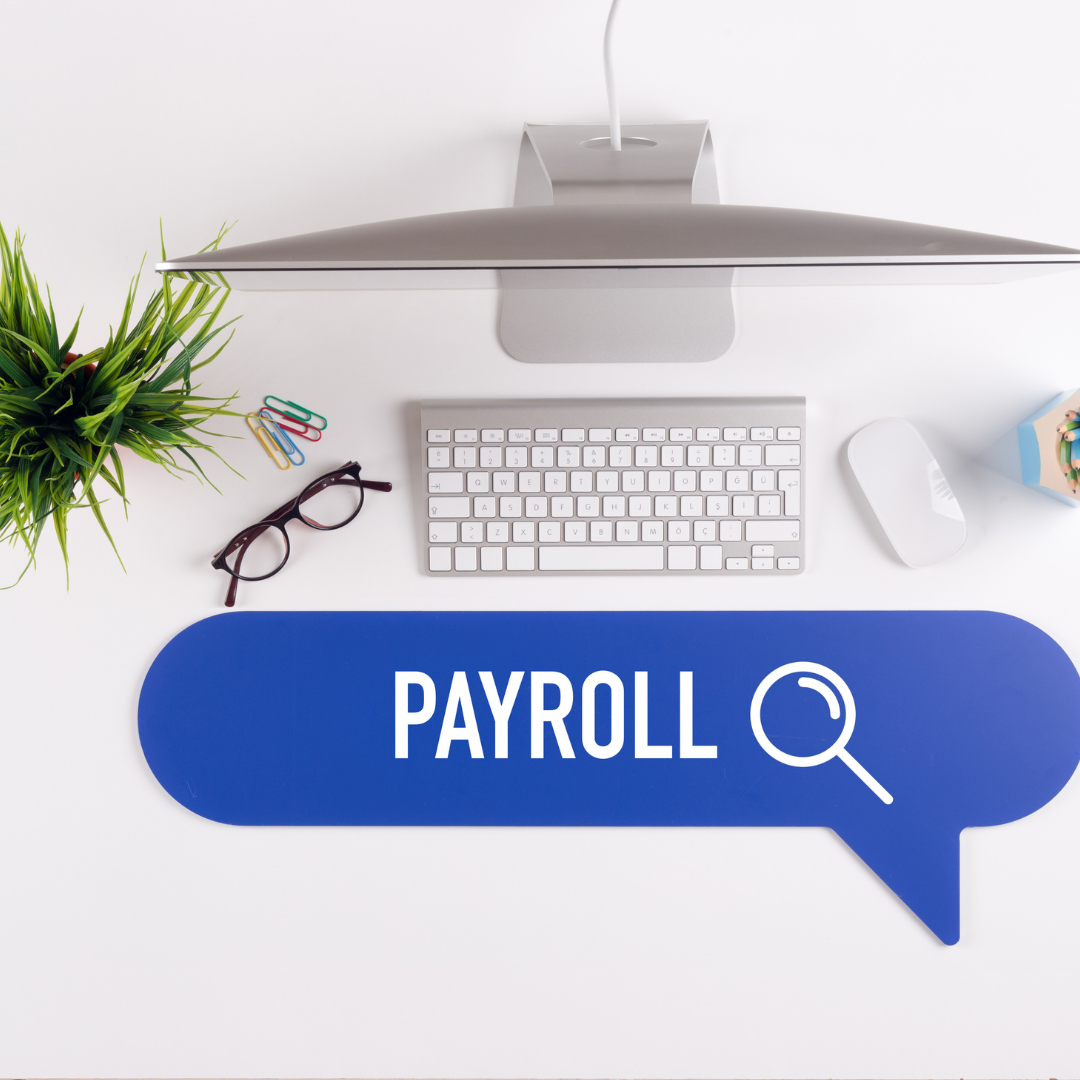
Are your PAYE payments reaching the right place?
Are your PAYE payments reaching the right place?

Have you ever received a letter chasing for payment of your PAYE when you know you have paid it?
When making PAYE payments, it is vital that your 13-character Accounts Office reference number is shown, or your payments may not be recognised and will languish indefinitely in a black hole until you ring and claim it.
If you are paying on time, you just need to quote your 13-character Accounts Office reference, this can be found on:
- the letter HMRC sent you when you first registered as an employer
- if you use a payment book, it is shown on the front of the booklet
- your business tax account if you have added Employer PAYE enrolment to it
- your payroll software
- speak to your PAYE agent is someone runs your payroll for you
What to do if you pay monthly but are late making your payment
If you are not paying the current period, you need to add 4 extra characters onto the end of your reference. These final 4 characters will show the year and month/quarter your payment is for this will make the reference 17 characters.
Example: for the tax year 2022/23 you are late paying 6 May to 5 June (Mth 2), your reference would be your 13-digit reference plus 2302 i.e., 111AB000000002302 (ref for example only)
As each tax period has a different payment reference number, if you have more than one payment to make, make two separate payments using the correct reference.
Tax Periods
- 6 Apr to 5 May, use 01
- 6 May to 5 Jun, use 02
- 6 Jun to 5 Jul, use 03
- 6 Jul to 5 Aug, use 04
- 6 Aug to 5 Sept, use 05
- 6 Sept to 5 Oct, use 06
- 6 Oct to 5 Nov, use 07
- 6 Nov to 5 Dec, use 08
- 6 Dec to 5 Jan, use 09
- 6 Jan to 5 Feb, use 10
- 6 Feb to 5 Mar, use 11
- 6 Mar to 5 Apr, use 12
What to do if you pay quarterly but are late making your payment
The same applies as above, except you will need to quote the tax year and the relevant quarter number as follows:
- 6 Apr to 5 Jul, use 03
- 6 Jul to 5 Oct, use 06
- 6 Oct to 5 Jan, use 09
- 6 Jan to 5 Apr, use 12
Example: for the tax year 2022/23 you are late paying quarter end 5 October 2022 (Qtr 2), your reference would be your 13-digit reference plus 2306 – i.e., 111AB000000002306 (ref for example only)
Do not fall foul of accruing interest payments for payments you have already made. Use the correct reference and save yourself a whole lot of hassle trying to sort it out.

ABOUT SUE
Sue Haynes is the founder of Cactus Bookkeeping and helps business owners
with all aspects of Bookkeeping to save them time so they can concentrate on running their
business. Sue is licensed, regulated and supported by the Institute of Certified Bookkeepers (ICB)



Recent Comments